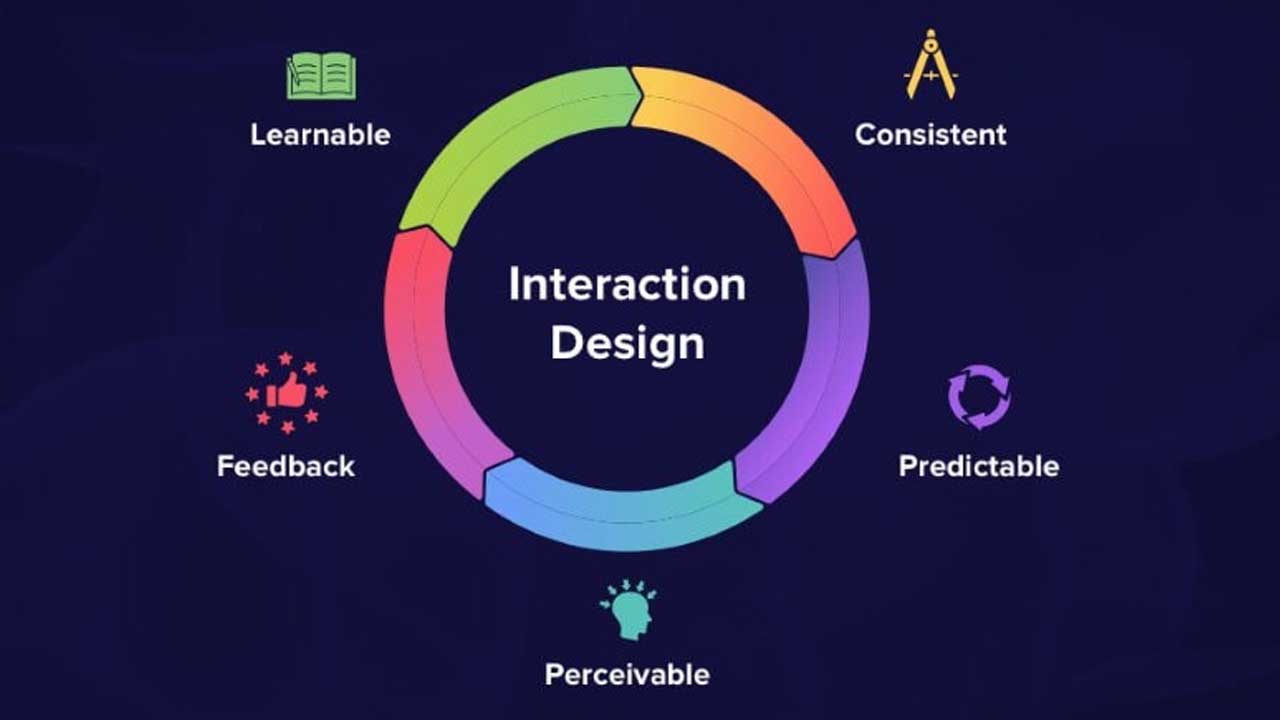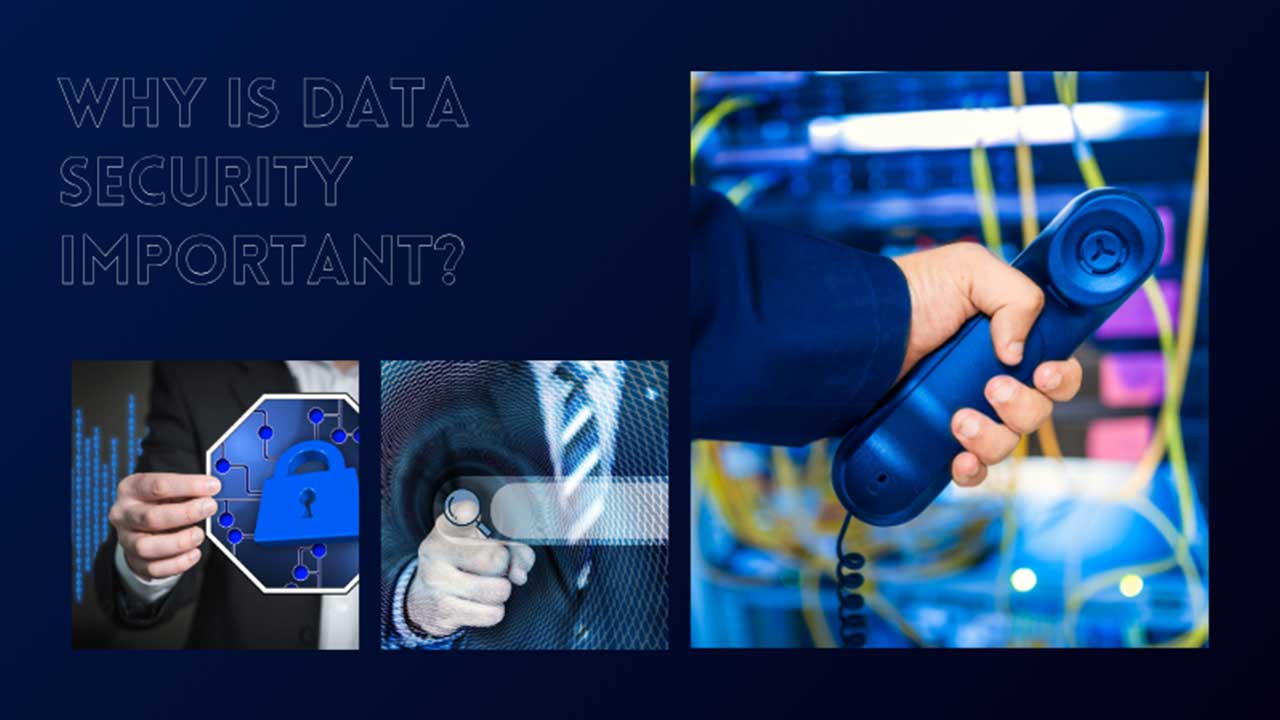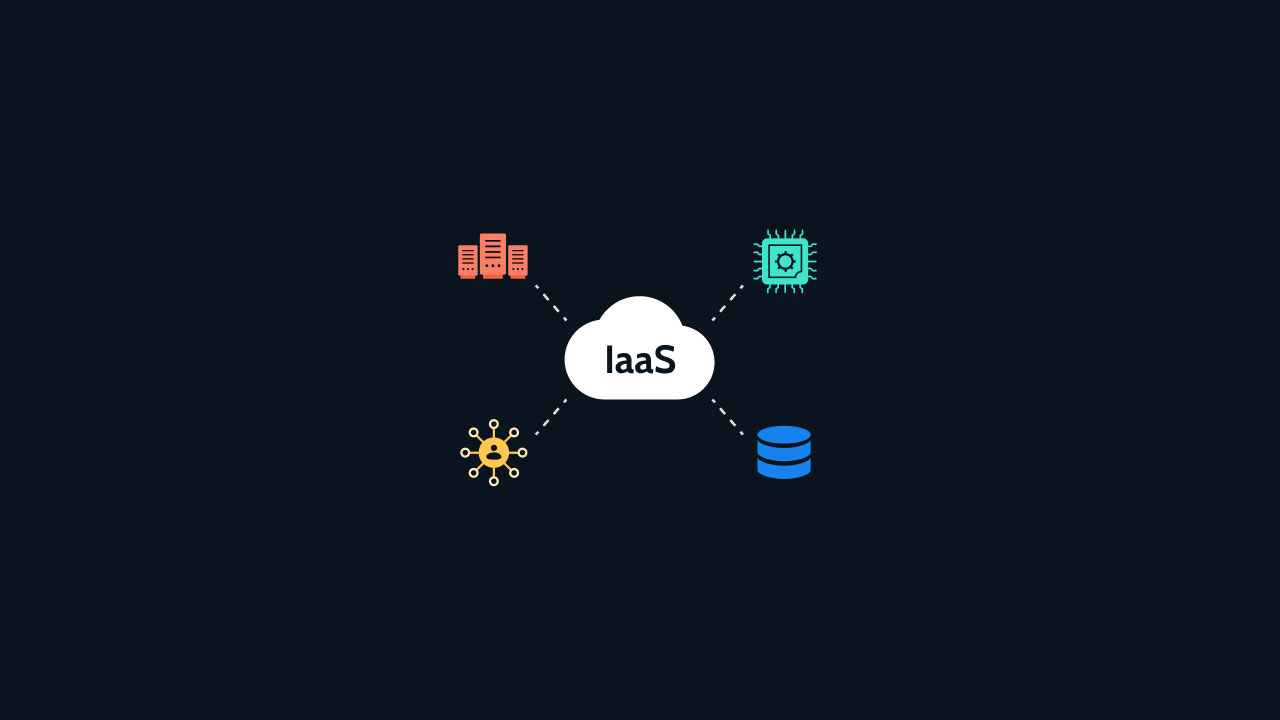Metaverse Development Service by Tecizeverything
Overview of the Metaverse
The Metaverse, a term that has become increasingly popular in recent years, refers to a collective virtual shared space created by the convergence of virtually enhanced physical reality and physically persistent virtual reality. This space includes all virtual worlds, augmented reality, and the internet. It is a digital universe where people can interact, work, play, and socialize in ways that were previously unimaginable.
Importance of Metaverse Development
The development of the Metaverse is crucial for the future of digital interaction. It represents the next significant evolution of the internet, providing an immersive, interactive experience that transcends the limitations of the physical world. Metaverse development opens up new possibilities for innovation across various sectors, including gaming, social media, education, healthcare, and more.
Tecizeverything’s Role in the Metaverse
Tecizeverything is at the forefront of Metaverse development, providing cutting-edge services that help businesses and individuals navigate and harness the potential of this new digital frontier. With a team of experts in virtual reality (VR), augmented reality (AR), blockchain, and artificial intelligence (AI), Tecizeverything offers comprehensive solutions to create engaging, secure, and scalable Metaverse experiences.
Technical Specifications
Core Technologies Used
Metaverse development at Tecizeverything leverages a combination of core technologies, including:
- Virtual Reality (VR): Immersive environments created using advanced VR technologies.
- Augmented Reality (AR): Overlaying digital information on the real world through AR.
- Blockchain: Ensuring security, transparency, and ownership in virtual transactions.
- Artificial Intelligence (AI): Enhancing user interactions and automating complex processes.
Software and Hardware Requirements
Creating and interacting within the Metaverse requires specific software and hardware:
- Software: VR/AR development platforms, blockchain frameworks, AI tools, and 3D modeling software.
- Hardware: VR headsets, AR glasses, powerful computing devices, and robust network infrastructure.
Security Measures
Security is a critical aspect of Metaverse development. Tecizeverything implements stringent security measures to protect users and data:
- Data Encryption: Ensuring secure transmission and storage of data.
- User Authentication: Multi-factor authentication to verify user identities.
- Blockchain Security: Using decentralized ledger technology to prevent fraud and unauthorized access.
Applications
Gaming
Gaming is one of the most prominent applications of the Metaverse. It offers players immersive experiences that go beyond traditional gaming:
- Virtual Worlds: Fully interactive and explorable virtual environments.
- Social Gaming: Real-time interaction with other players within the game.
- In-Game Economies: Virtual currencies and marketplaces enabling real economic activities.
Social Interaction
The Metaverse provides a new dimension for social interaction:
- Virtual Meetups: Hosting gatherings and events in virtual spaces.
- Social VR Platforms: Connecting with friends and family through immersive experiences.
- Digital Identities: Creating and customizing avatars that represent users in the Metaverse.
Virtual Workspaces
The future of work is being redefined by the Metaverse:
- Virtual Offices: Simulating physical office environments for remote work.
- Collaborative Tools: Enhanced tools for collaboration and communication.
- Virtual Training: Immersive training modules for employee development.
E-Commerce
E-commerce is set to be transformed by the Metaverse:
- Virtual Stores: Shopping in virtual environments that mimic real-life stores.
- 3D Product Visualization: Viewing and interacting with products in 3D.
- Personalized Shopping Experiences: Tailoring the shopping experience to individual preferences.
Education and Training
Education and training are key areas where the Metaverse can make a significant impact:
- Virtual Classrooms: Interactive and immersive learning environments.
- Skill Development: Hands-on training simulations for various professions.
- Global Collaboration: Connecting students and educators from around the world.
Healthcare
Healthcare applications of the Metaverse include:
- Telemedicine: Virtual consultations and remote healthcare services.
- Medical Training: Simulated environments for medical training and education.
- Patient Support Groups: Virtual spaces for patient communities and support networks.
Benefits
Enhanced User Experience
The Metaverse offers a significantly enhanced user experience compared to traditional digital interactions:
- Immersive Environments: Engaging, 3D environments that feel real.
- Interactive Content: Dynamic content that users can interact with.
- Personalization: Tailored experiences based on user preferences and behaviors.
Economic Opportunities
The Metaverse opens up numerous economic opportunities:
- Virtual Real Estate: Buying, selling, and developing virtual properties.
- Digital Goods and Services: Creating and trading digital assets.
- New Business Models: Innovative business models centered around the Metaverse.
Accessibility and Inclusivity
The Metaverse can make digital interactions more accessible and inclusive:
- Removing Physical Barriers: Enabling participation regardless of physical location.
- Customizable Accessibility Features: Tools and features that accommodate various needs.
- Inclusive Communities: Creating spaces where diverse groups can connect and interact.
Innovation and Creativity
The Metaverse fosters innovation and creativity:
- Creative Expression: New mediums for artistic and creative endeavors.
- Collaborative Innovation: Bringing together diverse minds to solve problems and create new ideas.
- Experimentation: A safe space for experimenting with new concepts and technologies.
Challenges and Limitations
Technical Challenges
Developing the Metaverse comes with significant technical challenges:
- High Computing Requirements: The need for powerful hardware and efficient software.
- Interoperability Issues: Ensuring different platforms and technologies work together seamlessly.
- Network Infrastructure: Maintaining robust and reliable network connectivity.
Privacy and Security Concerns
Privacy and security are major concerns in the Metaverse:
- Data Privacy: Protecting user data from unauthorized access and misuse.
- Cybersecurity Threats: Preventing hacking, phishing, and other cyber attacks.
- Regulatory Compliance: Adhering to regulations and standards for data protection.
Regulatory Issues
The Metaverse operates in a complex regulatory landscape:
- Legal Frameworks: Establishing laws and regulations that govern virtual activities.
- Intellectual Property: Protecting digital creations and assets.
- Jurisdictional Challenges: Navigating different legal systems and regulations.
User Adoption
User adoption is critical for the success of the Metaverse:
- Education and Awareness: Informing potential users about the benefits and uses of the Metaverse.
- User Experience: Ensuring a seamless and enjoyable user experience.
- Cost Barriers: Making the necessary technology affordable and accessible.
Latest Innovations
Advancements in AR/VR
Recent advancements in AR/VR technology are driving Metaverse development:
- Higher Resolution Displays: Improving visual quality and immersion.
- Motion Tracking: Enhancing the realism of user interactions.
- Portable and Affordable Devices: Making AR/VR more accessible to a broader audience.
Blockchain Integration
Blockchain technology is integral to the Metaverse:
- Decentralized Platforms: Creating secure, user-controlled environments.
- Smart Contracts: Automating transactions and agreements.
- Digital Ownership: Verifying ownership and provenance of digital assets.
AI and Machine Learning
AI and machine learning are enhancing the Metaverse in various ways:
- Personalized Experiences: Tailoring interactions and content to individual users.
- Advanced NPCs: Creating more realistic and interactive non-player characters.
- Automated Moderation: Using AI to monitor and maintain virtual environments.
Enhanced Interoperability
Interoperability is key to a seamless Metaverse experience:
- Cross-Platform Compatibility: Ensuring users can move between different virtual spaces.
- Standardization: Developing common standards and protocols.
- API Integrations: Facilitating integration with various services and platforms.









